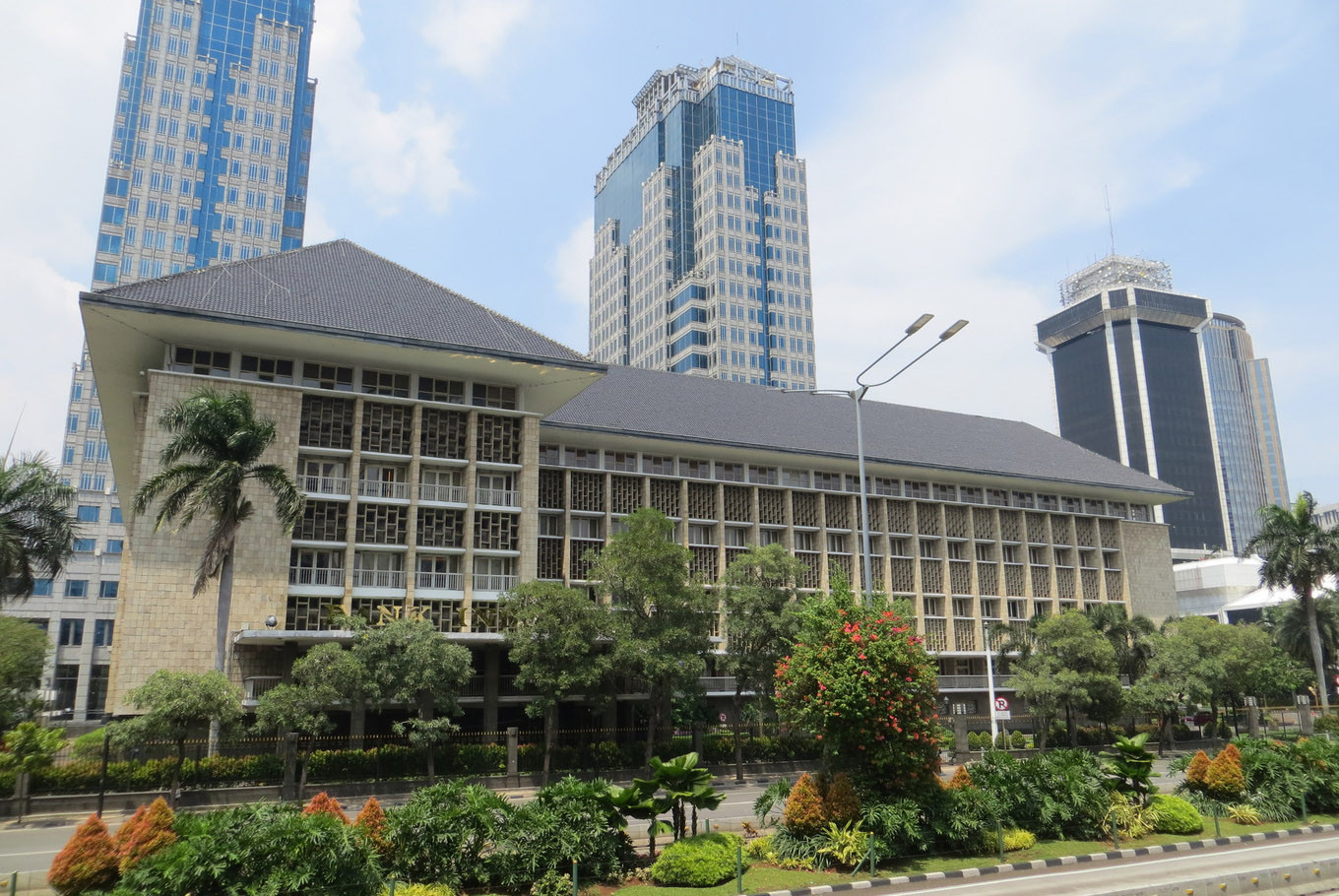Popular Reads
Top Results
Can't find what you're looking for?
View all search resultsPopular Reads
Top Results
Can't find what you're looking for?
View all search resultsForeign exchange reserves up to US$124.5 billion in March
Change text size
Gift Premium Articles
to Anyone
F
oreign exchange reserves strengthened in March to US$124.5 billion, up from $123.3 billion in the previous month, on the back of improved foreign exchange earnings from the oil and gas sector, Bank Indonesia (BI) reported on Monday.
The central bank said in a statement that the latest foreign exchange reserves were equal to seven months of imports or 6.8 months of imports and the payment of the government’s short-term external debt, both of which were well above international adequacy standards of around three months of imports.
“BI sees the foreign exchange reserves as being able to support the resiliency of the external sector while maintaining macroeconomic and financial system stability,” said BI spokesman Onny Widjanarko in the statement.
Center of Reform on Economic (CORE) Indonesia research director Piter Abdullah said the increased foreign exchange reserves in March indicated that the amount of foreign exchange earnings, particularly from exports in the oil and gas sector, were larger than the amount of foreign exchange spent to pay for the government’s short-term external debt.
He added that the relatively stable rupiah meant that the foreign exchange reserves were not frequently tapped to stabilize the currency as foreign capital had started to return to Indonesia since the end of last year, partly because of the United States Federal Reserve's more dovish outlook.
“The condition will continue in line with the global economy, which tends to slow down, encouraging central banks, particularly the Fed, to tilt toward a more dovish [stance on its monetary policy],” said Piter. (bbn)










